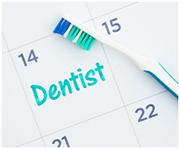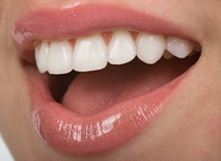Looking after your teeth and gums is an essential part of learning to live with both type 1 and type 2 diabetes, as problems with teeth and gums can be more common for people with diabetes.
If left untreated diabetes can cause:
- Dry mouth
- Increased risk of cavities
- Inflamed and bleeding gums
- Problems tasting food
- Oral thrush
- Delayed wound healing
- Increased risk of dental infections
- Tooth loss
It is important that you inform your dentist if you have either new onset or long-standing diabetes as this will affect your dental treatment and how often the dentist will want to review your teeth and gums.
Diabetes and Dental Hygiene
People with diabetes who have poor control of their blood glucose levels are more likely to develop dental health problems. Keeping your blood sugar within a normal range will help to reduce this risk. Eating a balanced diet, getting regular exercise and giving up smoking is also advised to help lessen the risk of oral health problems.
Symptoms of dental health problems
You should visit the dentist if you experience any of the following symptoms, to enable them to prevent any problems from worsening:
- Sore or swollen gums
- Bleeding gums
- Receding gums
- Loose teeth
- Bad breath
Diabetes and gum diseases
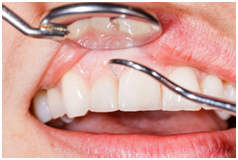
Unfortunately, when your body begins to fight an infection, blood glucose levels will usually rise in response. Should the infection in your mouth become worse, you could have problems with food intake, which might affect your diabetes management.
Your dentist can help you with your diabetes if you have developed gum disease or another mouth infection.
Diabetes and thrush
Thrush is a fungal infection which can occur in the mouth. People with poor blood sugar control are more likely to develop thrush.
Signs of oral thrush include white patches within the mouth, redness of tongue and cracking of the skin at the corner of the lips.
Dental appointments
It is important that you arrange your dental appointments to fit your diabetes treatment regime. This will help to reduce the risk of hypos during treatment.
7 tips to maintain good oral health
- 1.Check your blood sugars regularly to keep them in your target range
- 2. Brush your teeth for two minutes twice a day using a fluoride toothpaste
- 3. After brushing spit don’t rinse, to enable to fluoride in the toothpaste to continue working.
- 4. Use interdental cleaning aids to remove plaque from between teeth, ideally before toothbrushing
- 5. To prevent dental decay, you should reduce the frequency of sugary snacks and carbonated drinks
- 6. Water is the only drink you should take to bed at night
- 7. If you are diagnosed with gum disease your blood sugar may be more difficult to manage, but effective gum treatment can help to improve it
- 8.Your teeth and gums should be checked every 6 months and your dentist will advise how often you should attend for appointments with the hygienist
Diabetes increases your risk of dental problems, so it is important that you attend for regular dental appointments. The team at Maidstone Dental & Implant Centre work closely with you to customise individual treatment plans that successfully meet your personal needs. Although we are currently unable to see patients for face to face consultations if you are concerned about your dental health do not hesitate to contact us on info@maidstonndental.co.uk and we will endeavour to help you in any way possible.




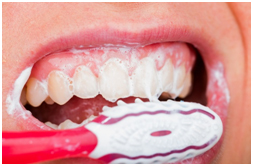


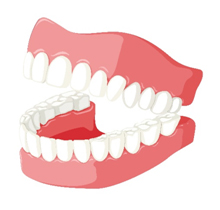
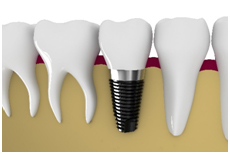 Advantages
Advantages what you would like and whether you are suitable for that treatment.
what you would like and whether you are suitable for that treatment.








 If you are looking for an easier way to whiten your teeth for good,
If you are looking for an easier way to whiten your teeth for good,  The porcelain
The porcelain 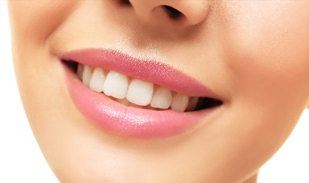 You may experience some sensitivity to hot and cold foods in the days following your procedure, but this will usually disappear and there are also dental products that ca help to strengthen the tooth enamel.
You may experience some sensitivity to hot and cold foods in the days following your procedure, but this will usually disappear and there are also dental products that ca help to strengthen the tooth enamel. 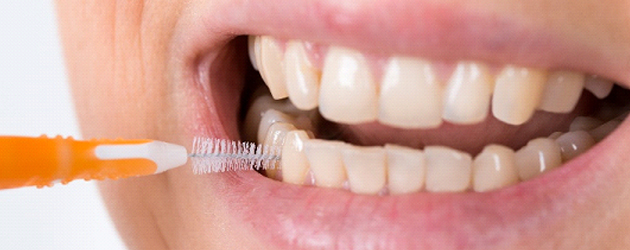
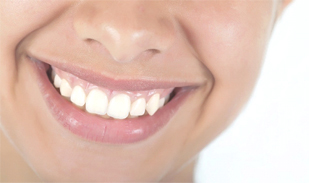
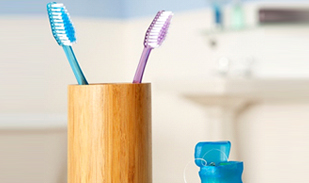 Brushing may come before flossing in the dictionary, but it shouldn’t when it comes to our oral hygiene routine. Interdental cleaning loosens bacteria and food debris from between the teeth, which allows brushing to be much more successful at removing plaque. The fluoride in your toothpaste is also better able to do its job in protecting your teeth if the plaque particles are removed first.
Brushing may come before flossing in the dictionary, but it shouldn’t when it comes to our oral hygiene routine. Interdental cleaning loosens bacteria and food debris from between the teeth, which allows brushing to be much more successful at removing plaque. The fluoride in your toothpaste is also better able to do its job in protecting your teeth if the plaque particles are removed first. 

